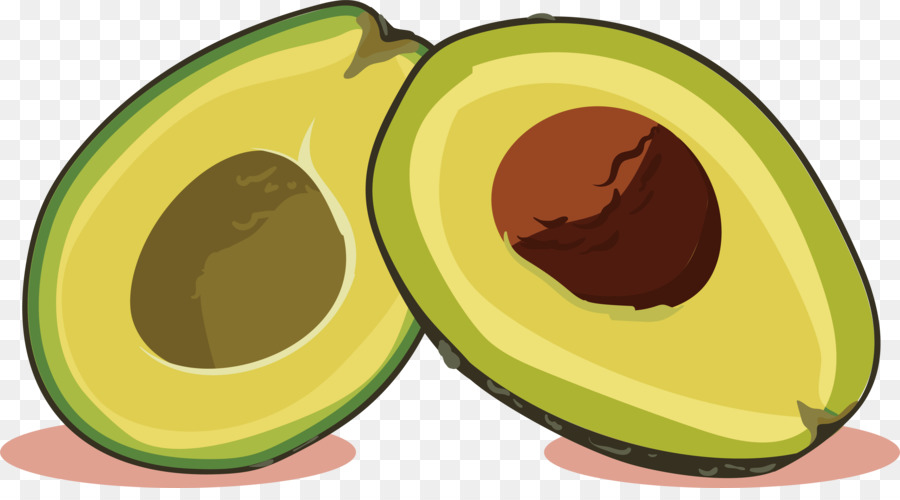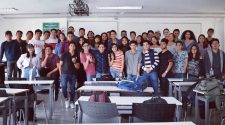The pioneering Mexican study in the sequencing of the whole avocado genome (Persea Americana variety drymifolia), was presented by doctors Luis Herrera Estrella and Alfredo Herrera Estrella, researchers at the Centro de Investigación de Estudios Avanzados (Cinvestav) Zacatenco unit of the National Polytechnic Institute (IPN), whose results could change the cultivation process of this fruit.
At present, crosses of the different avocado varieties are carried out in a traditional way, a work that due to the long life cycle of the avocado - the seed after having sprouted will take eight years to reach adulthood and bear fruit -, makes it difficult compete with other producing countries worldwide.
Dr. Alfredo Herrera described Mexican crops as old because they have not received any improvement in the last 40 years. With its results, which include the complete sequence of other varieties such as Persea americana var. guatemalensis, the Antillean and the Hass, in addition to an exhaustive multidisciplinary research, could improve these crops with the use of biotechnological tools that genetically modify the organisms.
He commented that his laboratory has already sequenced organisms such as vanilla, agave, blackberry, raspberry, papaya, beans and some varieties of chili.
Although GMOs have had little acceptance in today's society, they have also represented an advance in the last 40 years in fields such as medicine, food engineering, biodiversity, among others.
In the case of avocado, this technology could be applied to make crops resistant to pests, to desiccation, with higher biomass and to enrich food with vitamins and essential oils.
Regarding the problem of the use of Genetically Modified Organisms (GMOs), Dr. Luis Herrera Estrella pointed out that the same thing could happen to our country as with oil, “when they finally decided to sit at the betting table, the players were already getting up ”.
Finally, both researchers made an urgent call to discuss the issue and resolve the use and regulation of this technology.
Information by Brenda Terrazas / Diana Rojas for UNAM Global













No Comment